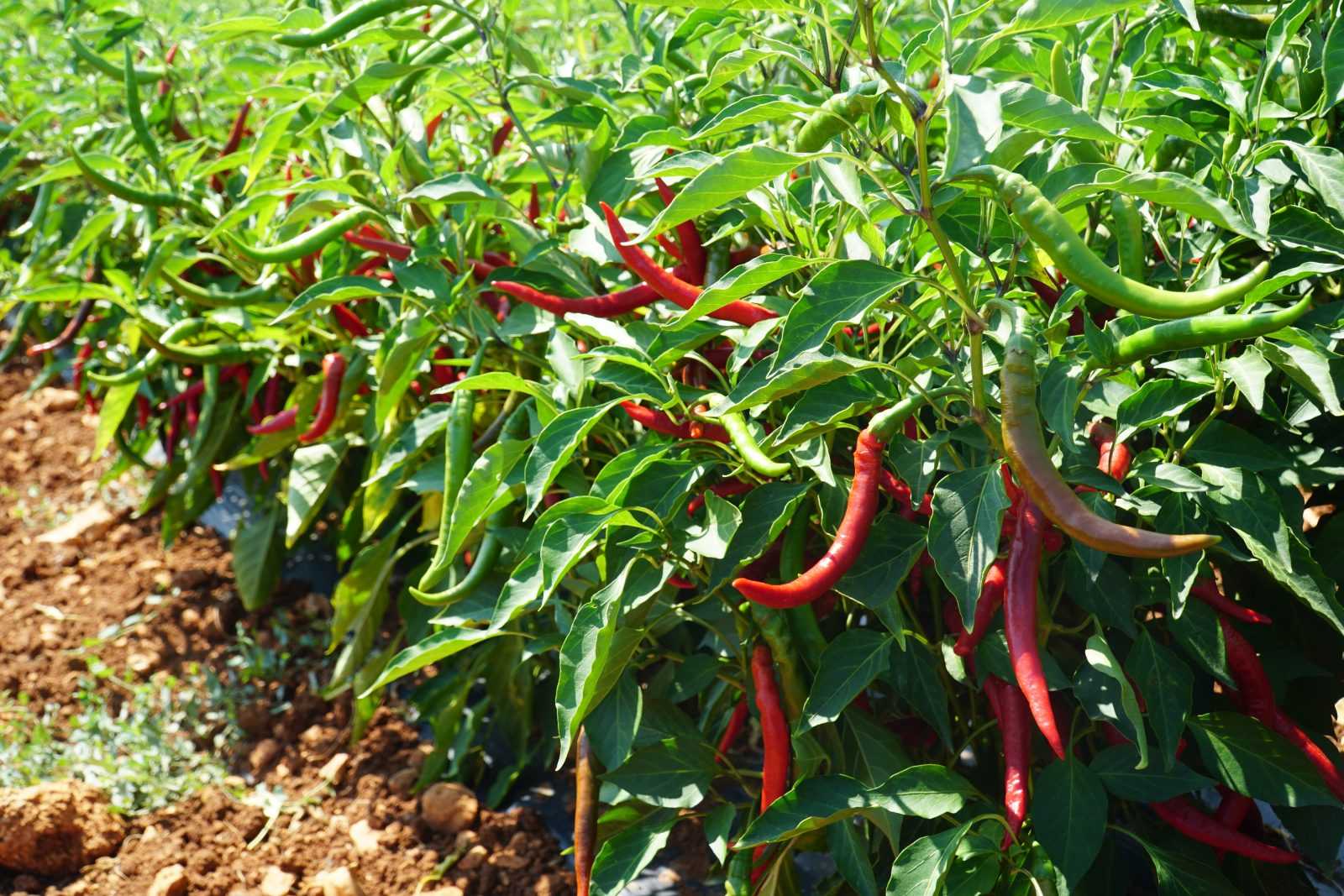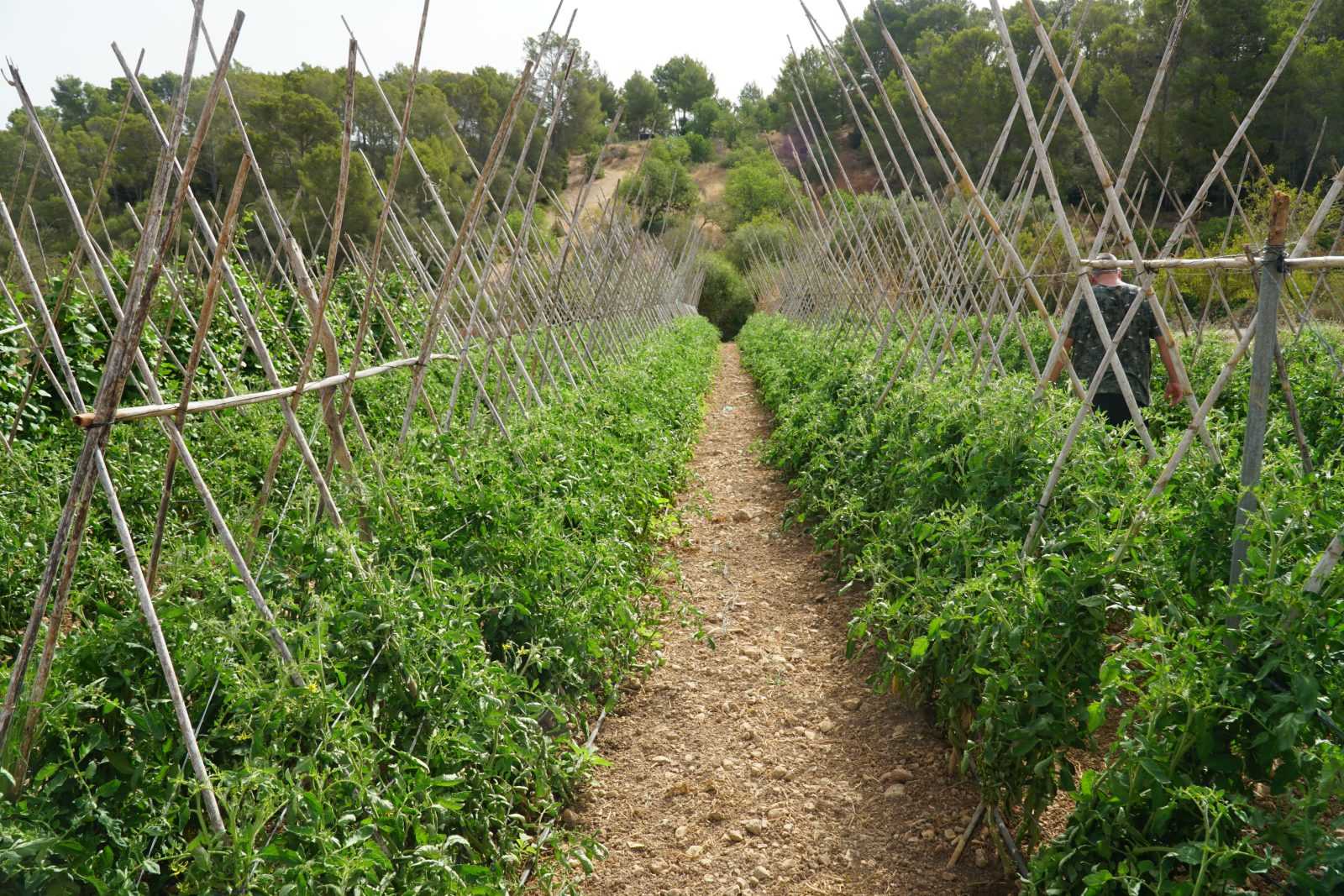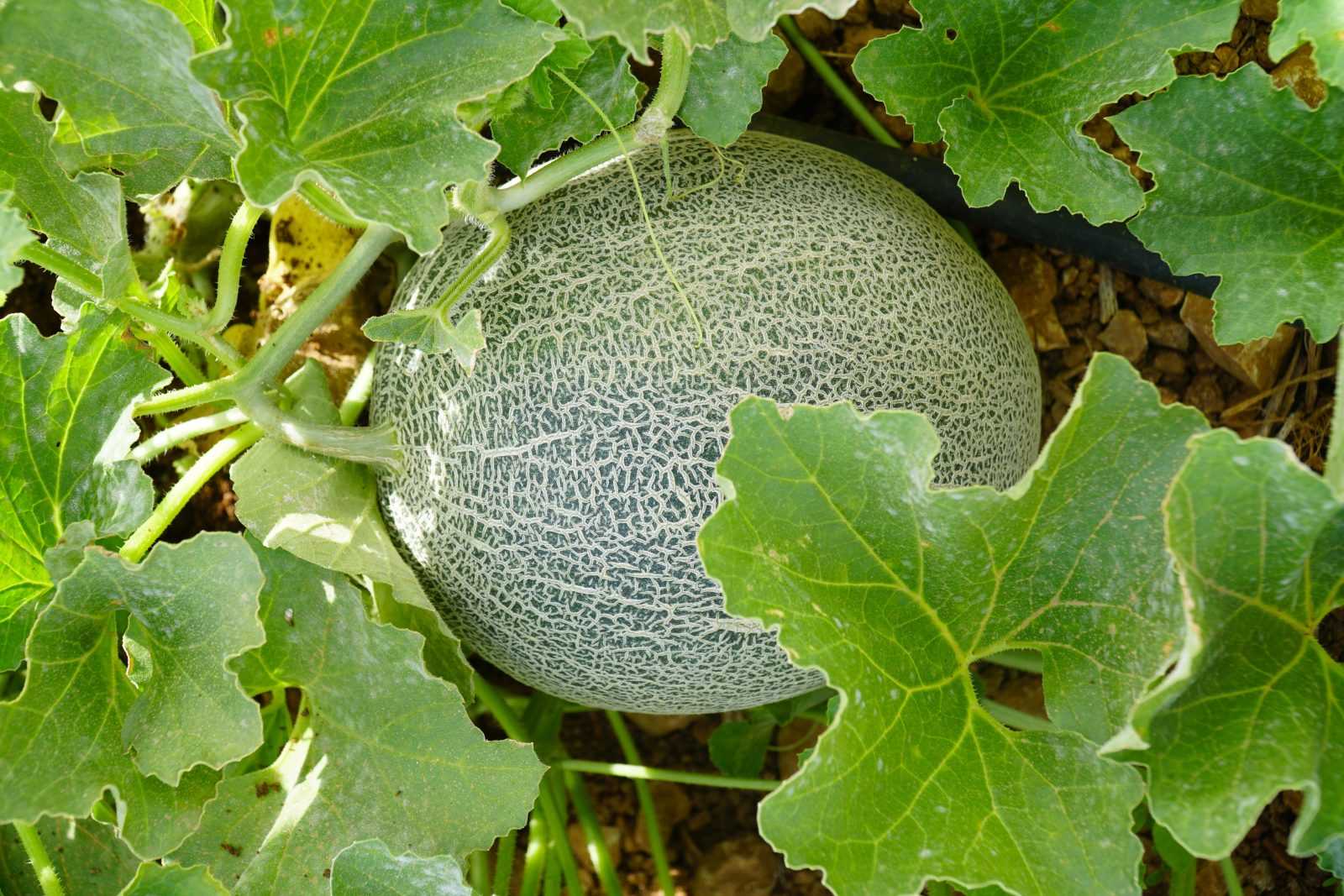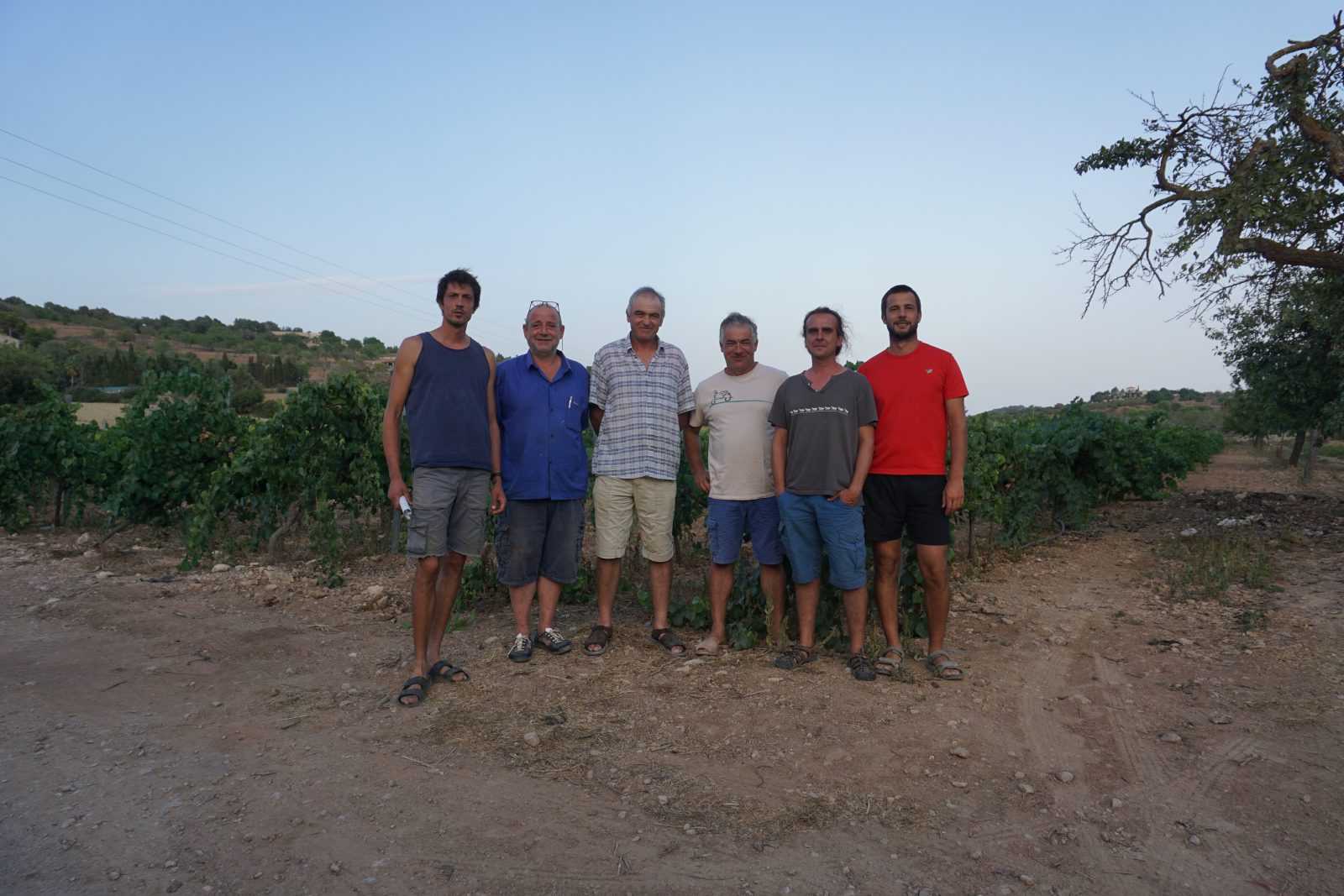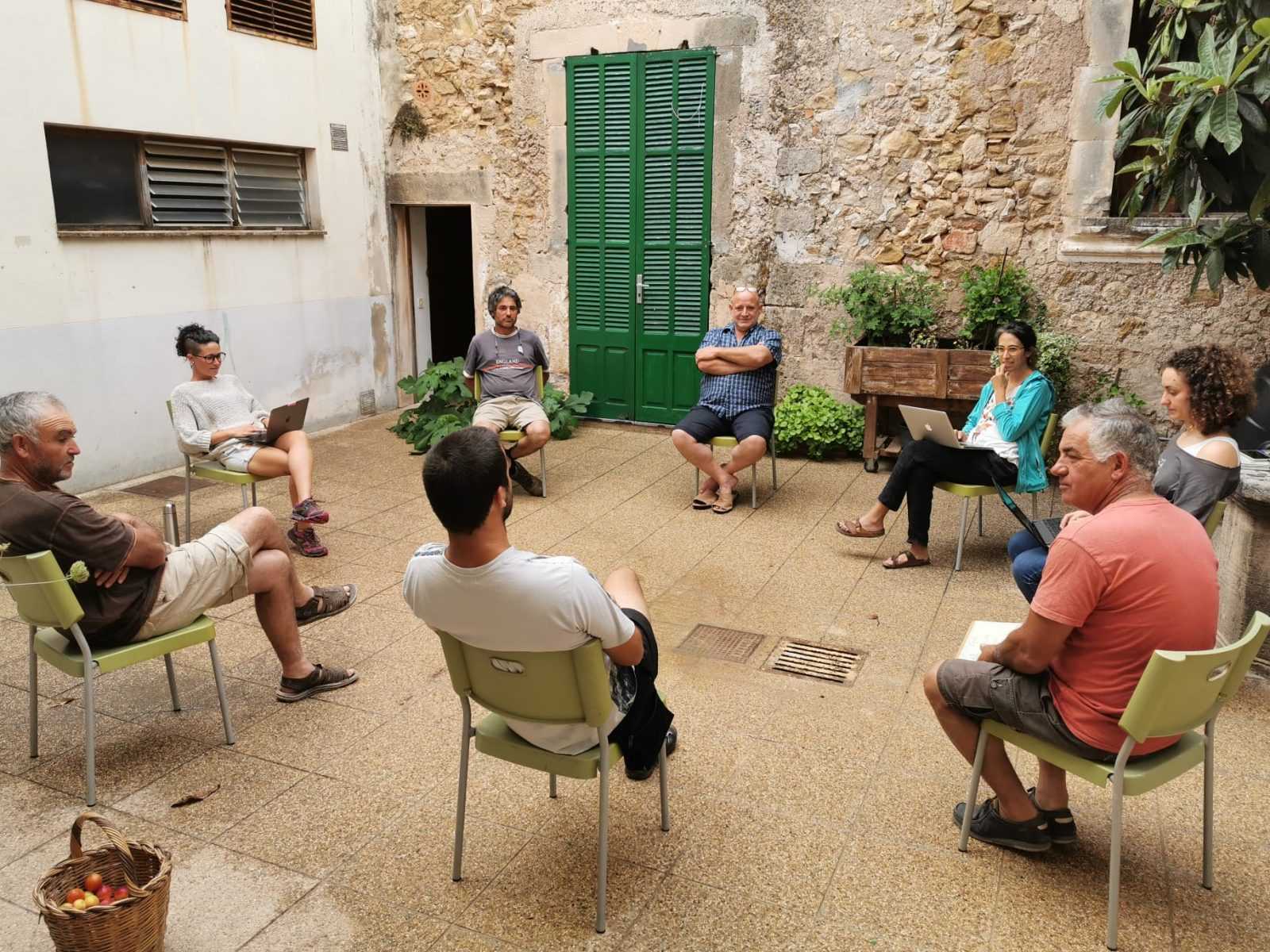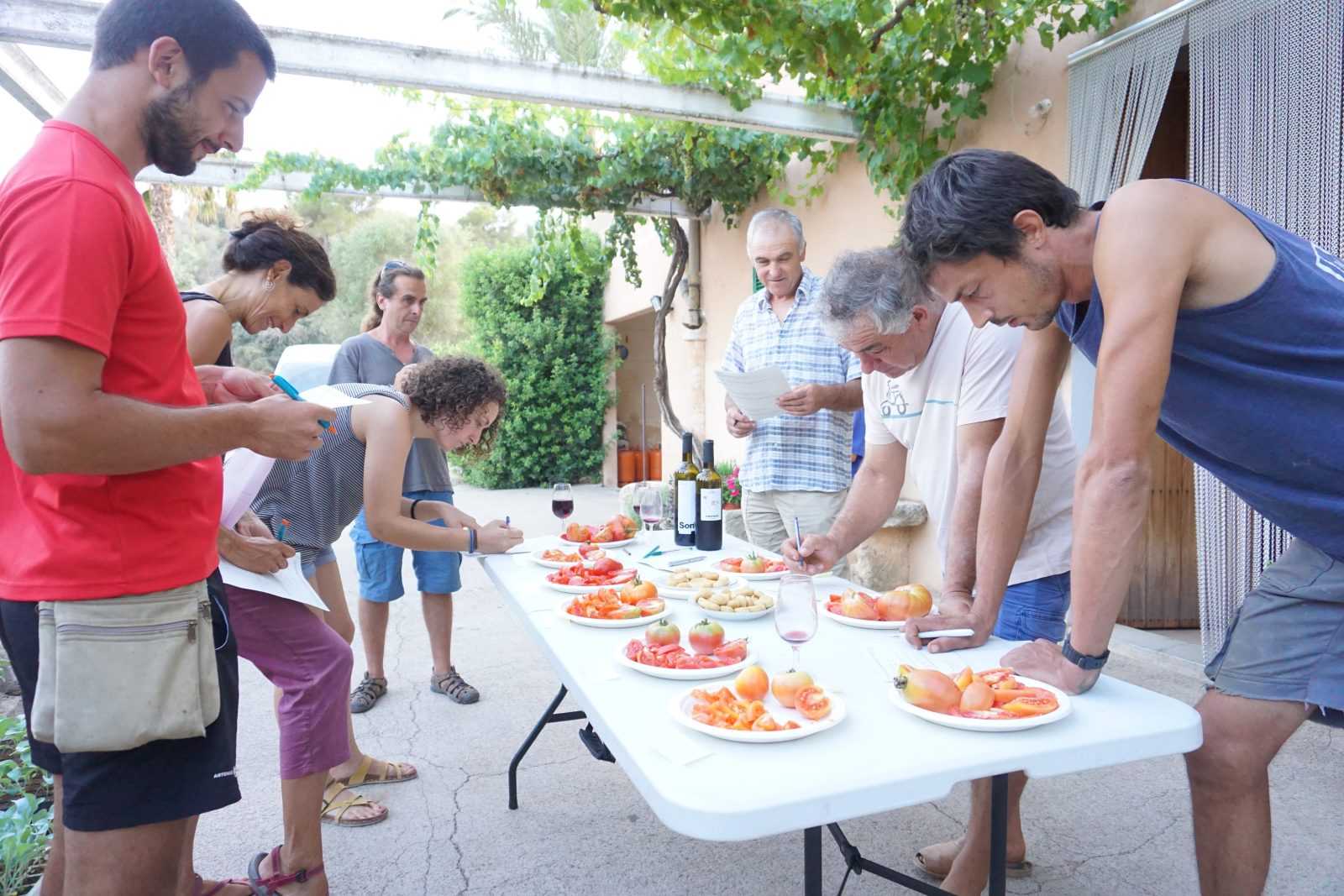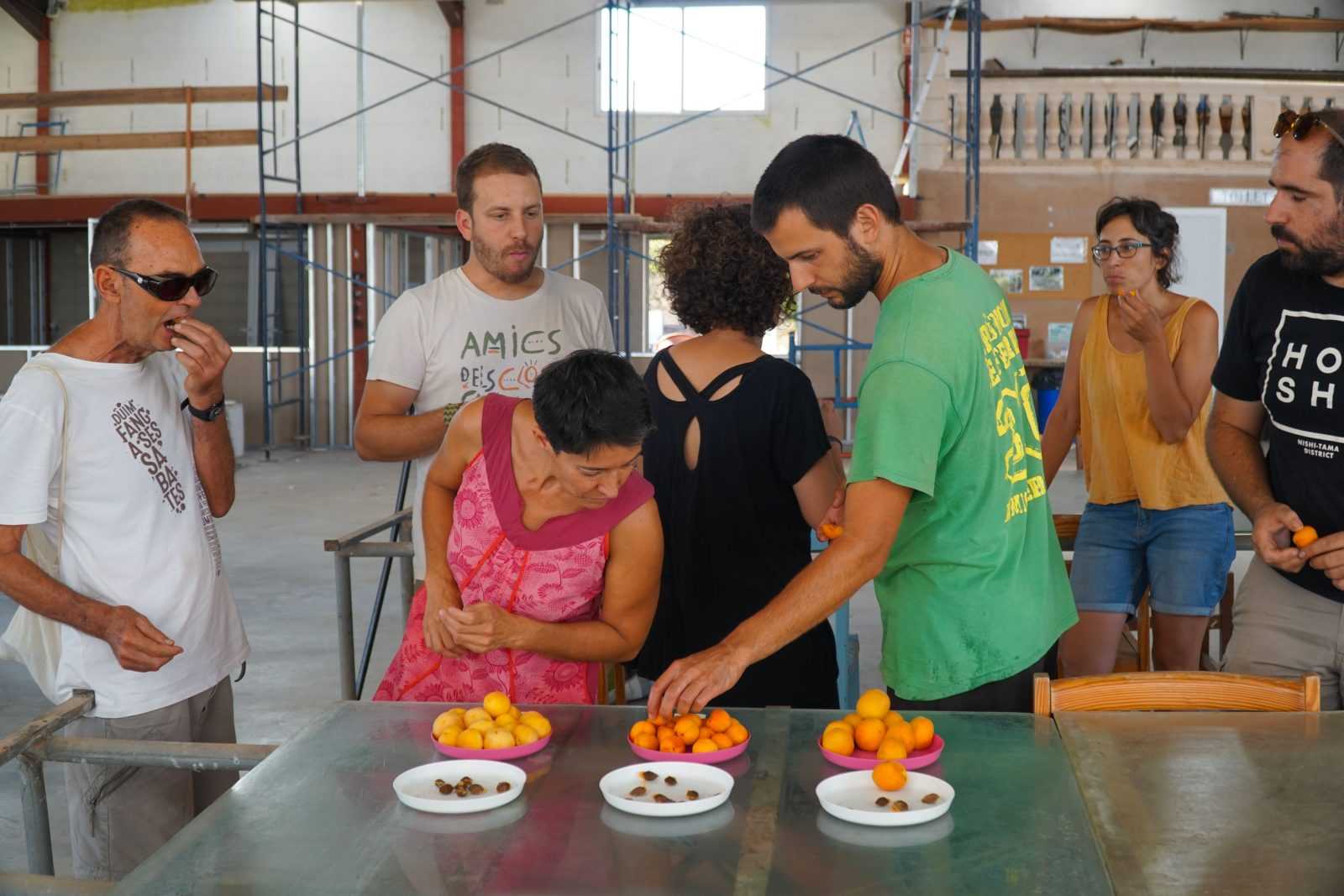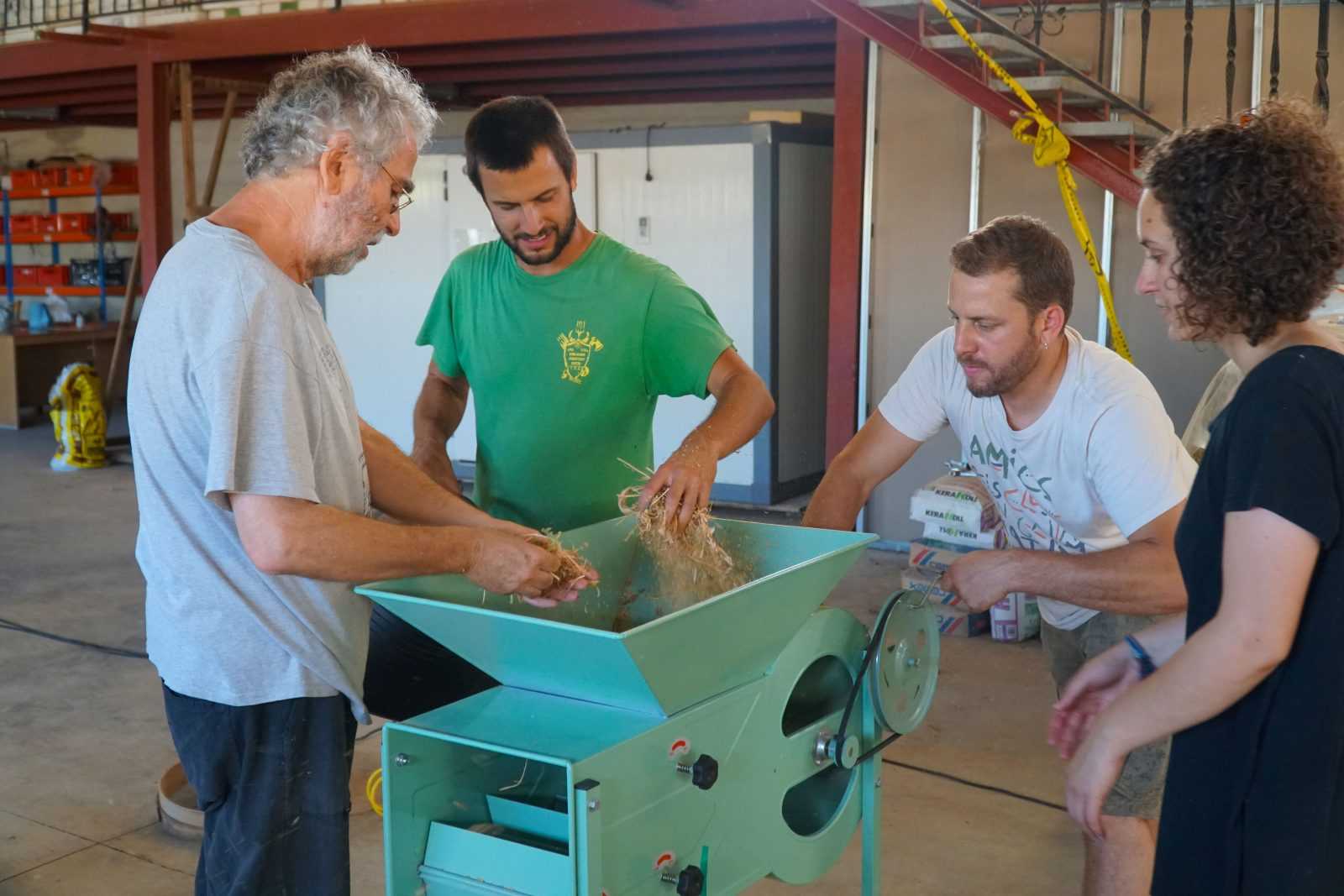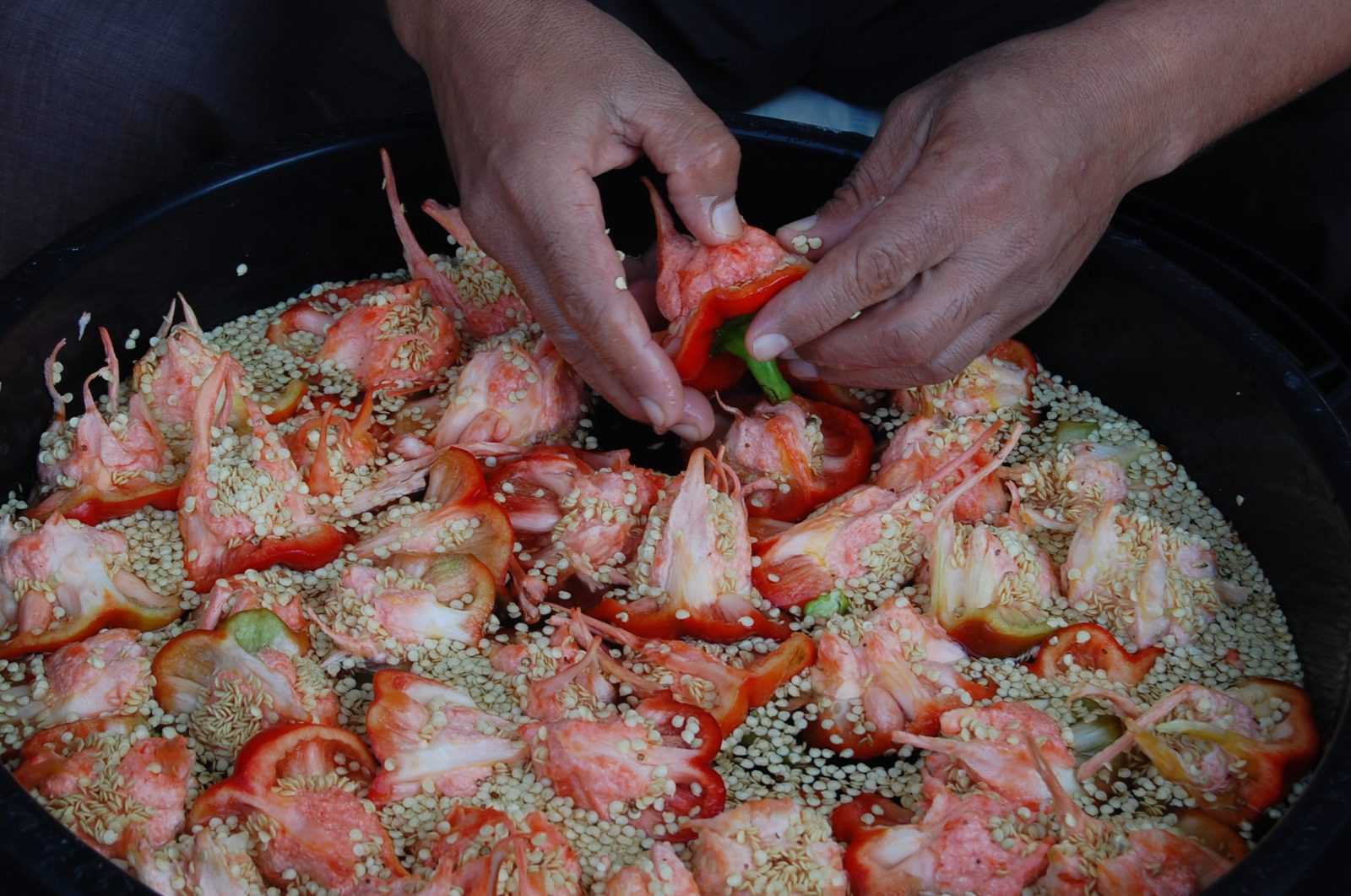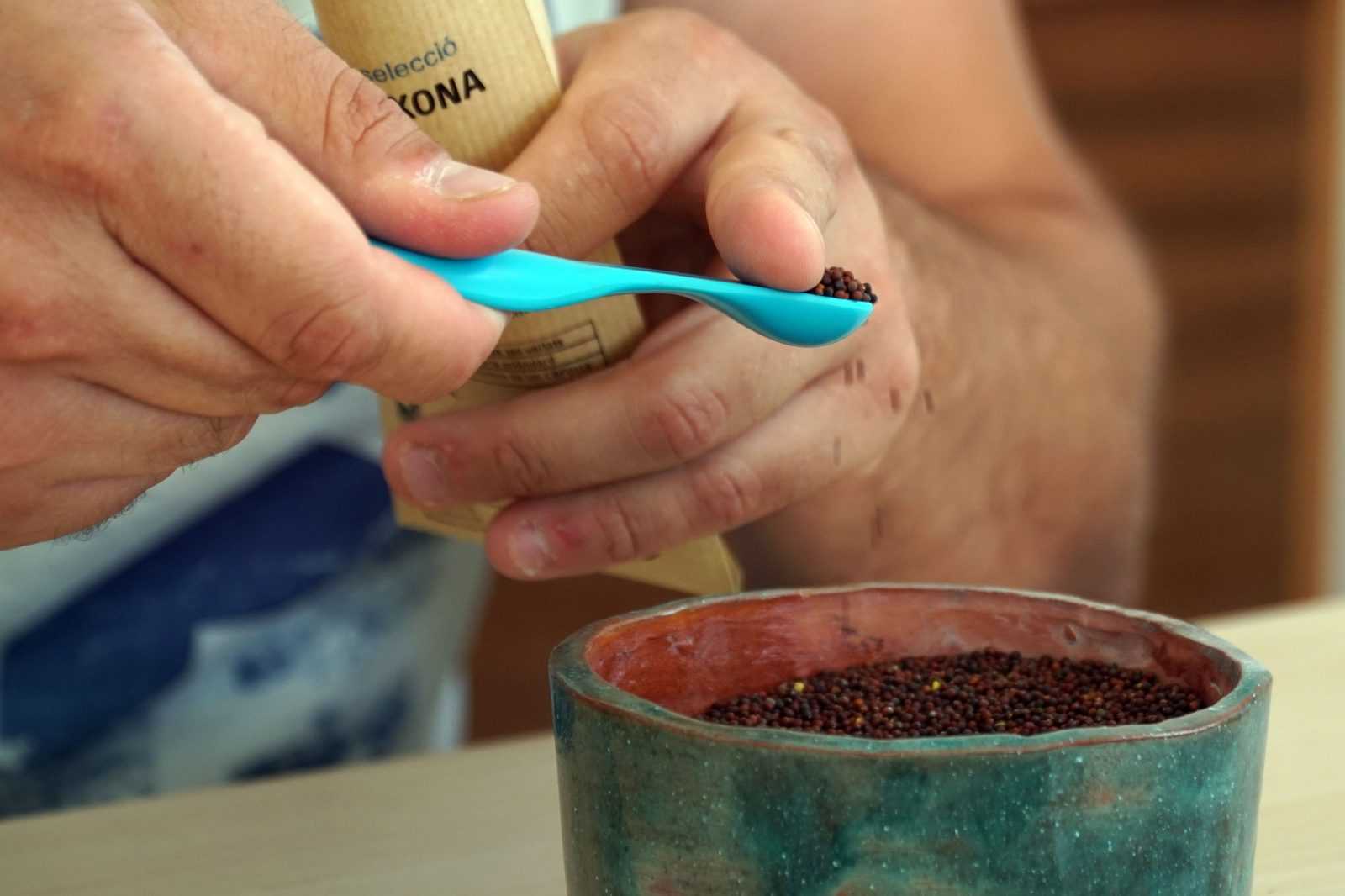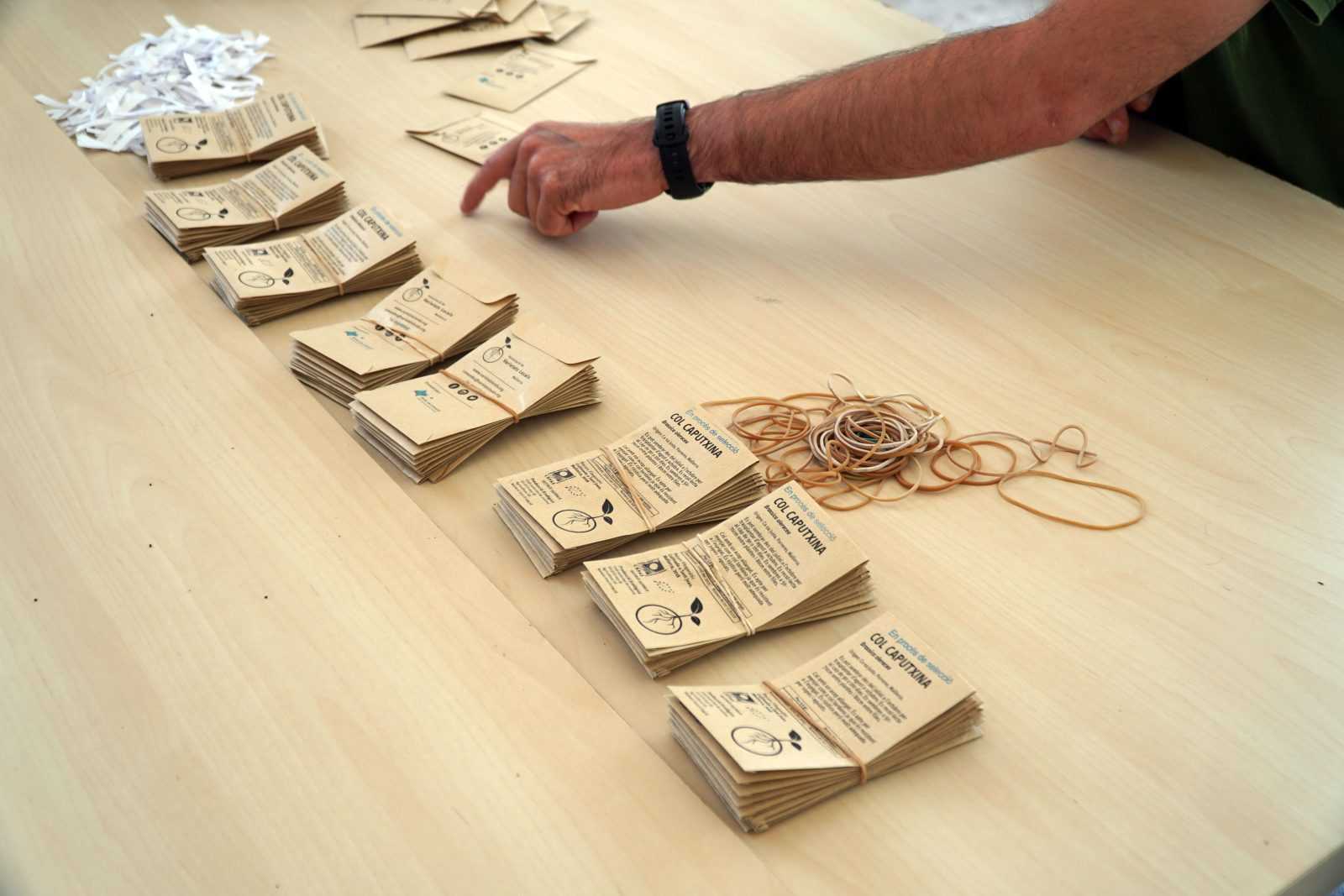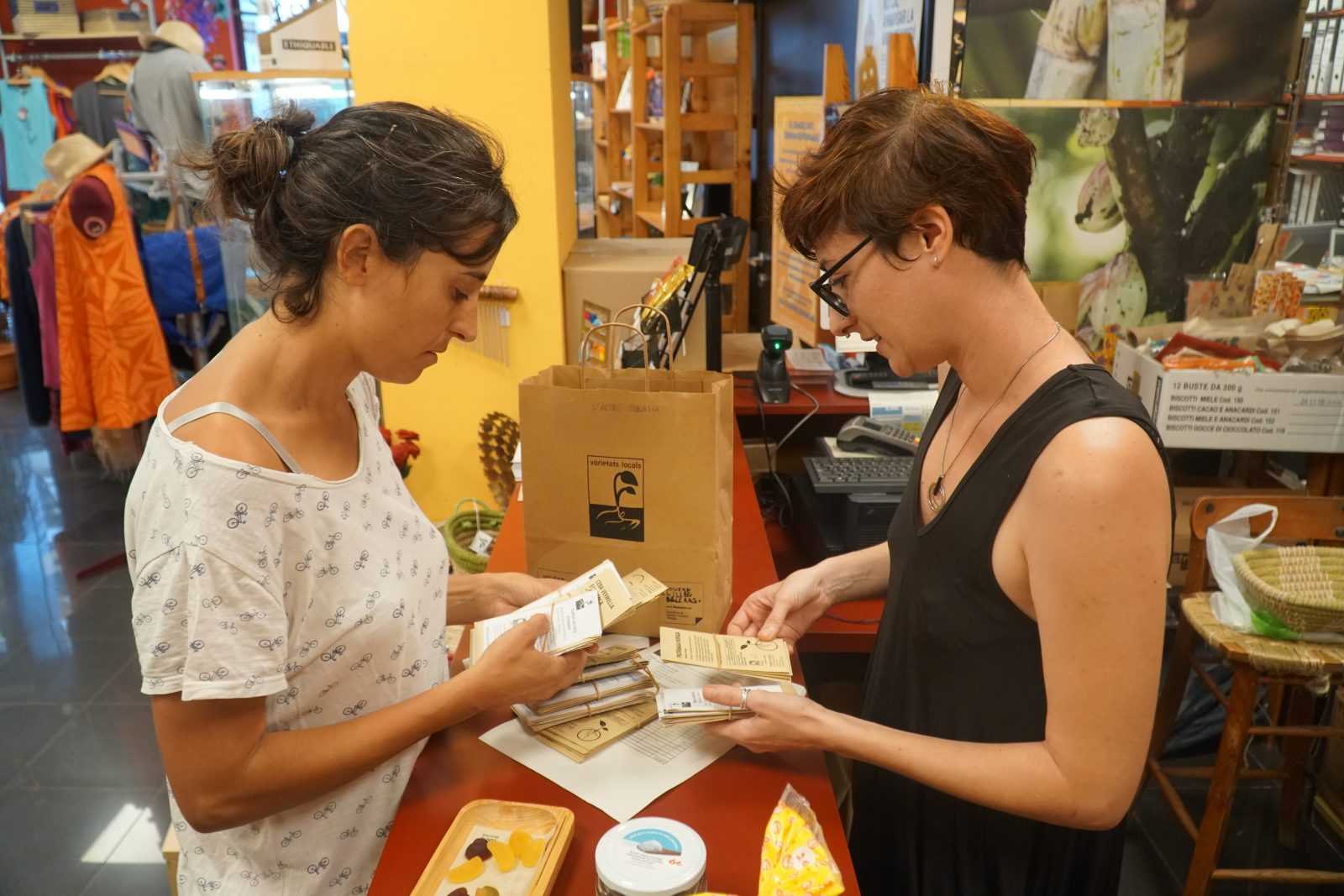TheAssociation of Local Varieties of Mallorca it was established in 2002 and since 2011 they have been promoting a project to multiply and spread local varieties, with the main objective of making local varieties known and promoting their consumption.
Until a few decades ago, processing one's own seeds was a common task within farming. In each farm, they made their own, the selection of plants for seed being a task that was usually done by women, with great dedication and care. That is why each estate was very jealous of its seeds, as behind each seed there was a lot of selection work. Even so, the exchange of seeds between farms was done routinely, in order to provide food.
Nowadays, however, less and less time is devoted to this task. It is not simple, it requires know-how in addition to knowing the cultivation and the seed production process. But the effort is worth it: you get seeds adapted to local conditions and, therefore, with the potential to give better productive results, both in the short and long term. And in the current context of climate change, crops must be adapted to warmer summers and winters year after year, and therefore the selection of varieties best adapted to changing conditions becomes even more important.
On the other hand, the local varieties contribute enormously to thickening a kind of "genetic library", made up of everything that is cultivated; the greater the wealth of varieties that this library hosts, the greater the chance that some of them will adapt to the changing conditions of the environment. In line with the previous paragraph, it is essential to work in this direction to ensure that in the future we will have varieties adapted to higher temperatures and changes in the rainfall regime, for example. This advantage also strengthens the capacity of an area to improve its food sovereignty, one of the challenges associated, therefore, with the maintenance of agrobiodiversity.
Finally, this practice favors the emergence of a large number of varieties and thus a diversity of products in terms of organoleptic properties, the basis of a rich, rooted and restless cuisine such as the Mediterranean. The great diversity of varietal types represented by the ramellet tomato, for example, is the result of each house's selection in relation to its preferences for a specific crop. This fact has led to the fact that today there is still a great diversity of tomato plants, which form a very important biocultural heritage.
To achieve its objective, therefore, the Association of Local Varieties promotes the cultivation of local varieties of vegetables and legumes by producers, farmers and seed multipliers, with those who sign an agreement that sets out the cultivation conditions and the commitments of the parties involved. The Association makes available to them the seed or seedling to reproduce and the farmers cultivate it in ecological conditions, since most of them are registered with the Balearic Council for Ecological Agricultural Production. When having fruits or plants with seeds, there are two options: the first involves the farmers themselves doing the task of seed extraction, and the second they provide the fruit or plant and the Association of Local Varieties carries out the extraction then with the help of volunteering.
There are currently around 60 local varieties of vegetables and legumes included in the project, which are obtained thanks to the work of the network of seed multipliers, formed by 15 farmers with whom the agreements have been established. The Association, apart from assuming the cost of the plant, also pays the fruit or seed extracted from it to the multipliers. In return, the farmer collaborates in all the maintenance and care of the plant.
Another important part of the initiative is the offer of some of the local varieties that multiply in the island population. Thus, these seeds can be found in 25 stores in the Balearic Islands (23 in Mallorca and 2 in Menorca), so that they can be acquired and continue to reproduce in a private way. Most of the varieties that are cultivated have the organic production seal endorsed by the Balearic Council for Ecological Agricultural Production (CBPAE). This task has no end; the Association works every day on the introduction of new varieties and on the selection and improvement of the current ones, in order to provide interested people with a wide range of local varieties.
Thanks to the involvement of the partners, the organization can continue working on the recovery, multiplication and dissemination of what agrobiodiversity and local varieties represent. Volunteering is also important, carried out by people who are partners or not, at certain moments of the process in which many hands are needed. If you want to contribute to the recovery of this heritage, you can spread the word about their work through the networks or become members through their website.
